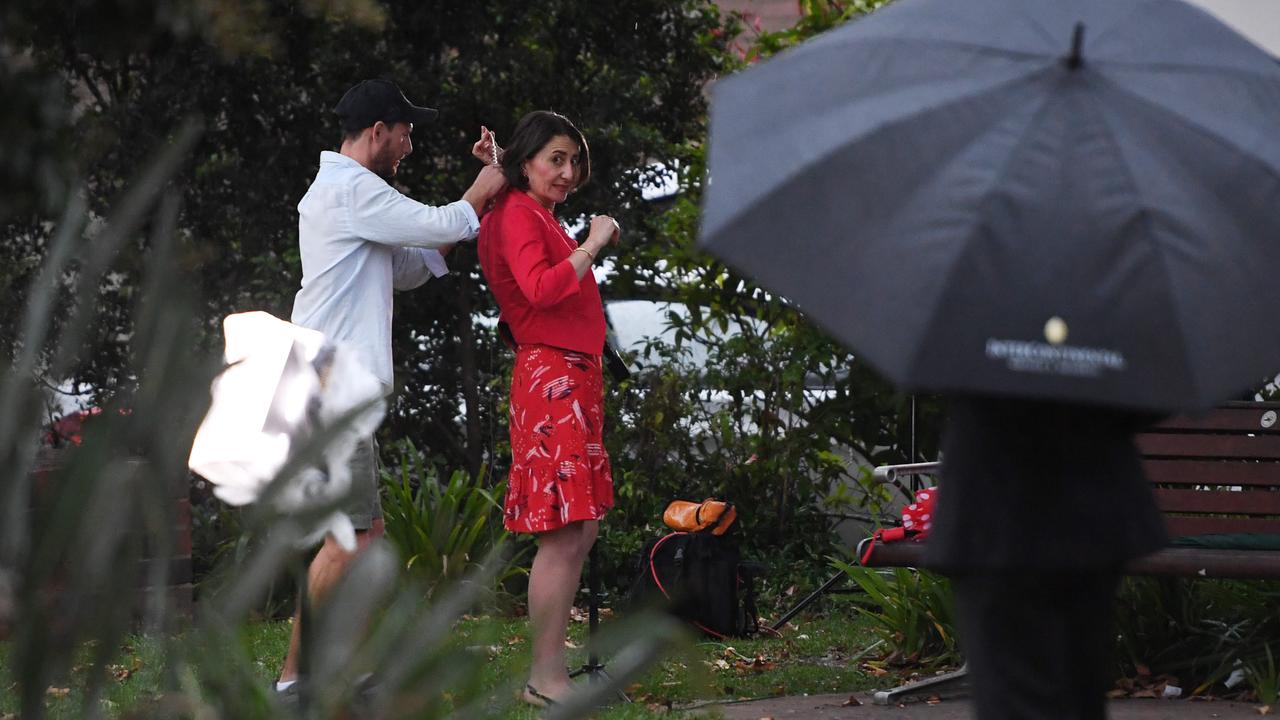Palestine policy bid goes from ALP blowtorch to the back-burner
A decision to put a debate about support of Israel last on the ALP state conference agenda has raised questions.

The time permitted for debate on a contentious ALP resolution pressuring the next federal Labor government to recognise Palestine could be extended, soothing rising concerns among advocates of a dramatic change to Labor’s traditional policy that they faced being shut down.
A decision by NSW ALP party boss Kaila Murnain to put a debate about ending Labor’s unqualified support of Israel last on the agenda of her party’s state annual conference this weekend has prompted questions about whether the issue would be debated at all.
Ms Murnain confirmed yesterday that she expected to get through all the party’s debate agenda this weekend, while saying time constraints could limit the ability to do so.
Policy debate on Palestine and other foreign policy matters will follow an ALP life membership presentation that is expected to run over time with speeches from Graham Richardson and others, and a social justice debate that could also run over time.
Emotions are running high about the flagged Israel-Palestine debate at the conference of the ALP’s largest state branch because the likely outcome is considered a template for Labor’s national conference next year.
The ALP’s left and a section of the party right in NSW, led by former premier Bob Carr, have banded together to pass a proposed resolution that “urges the next Labor government to recognise Palestine”.
Bill Shorten and many of his federal Labor colleagues are understood to want to stick with the status quo that commits Labor only to “discussing” Palestinian recognition but a resolution by the NSW party and other state branches could force their hand if the ALP were to win the next federal election.
Earlier this month The Weekend Australian reported Ms Murnain had dictated the wording of the NSW conference resolution to replace another proposed by the party’s foreign affairs committee that was much softer in seeking only “progress” towards Palestinian recognition, while recognising Israel’s right to secure borders.
Her intervention reflected how the majority of branches submitting proposed resolutions had advocated a more strident pro-Palestinian stand, which the committee declined to follow. Some party observers regarded her intervention also as a means to stop the Israel-Palestine issue distracting attention from local issues that could help the competitive electoral position of Labor at a state and federal level.
The prospect of no debate on Palestine if the conference runs out of time has raised fears the matter may be referred to the administrative committee, which cannot debate policy, and then lapse.
Momentum could then ease off for next year’s vote at the annual conference.




To join the conversation, please log in. Don't have an account? Register
Join the conversation, you are commenting as Logout